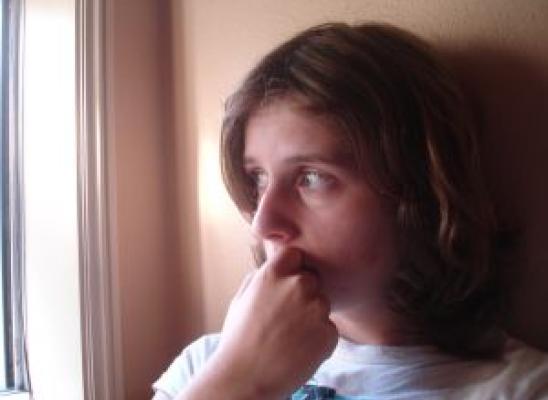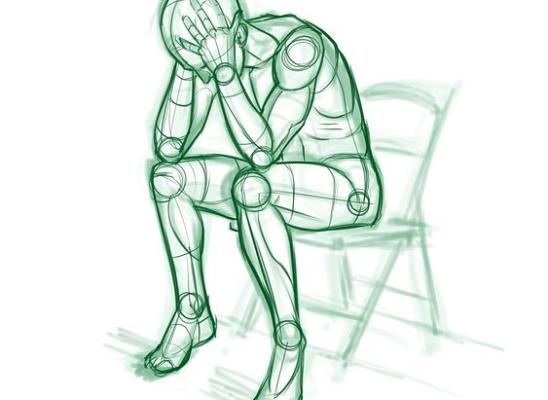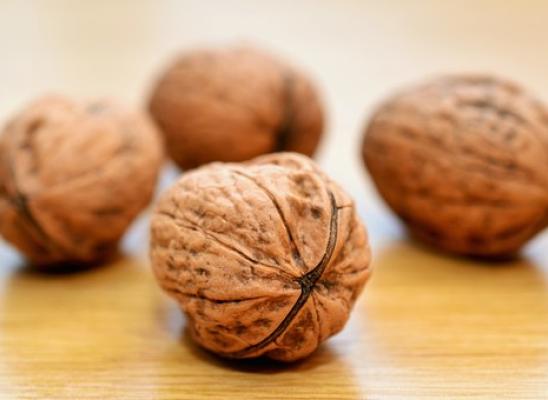Depression and Trichotillomania
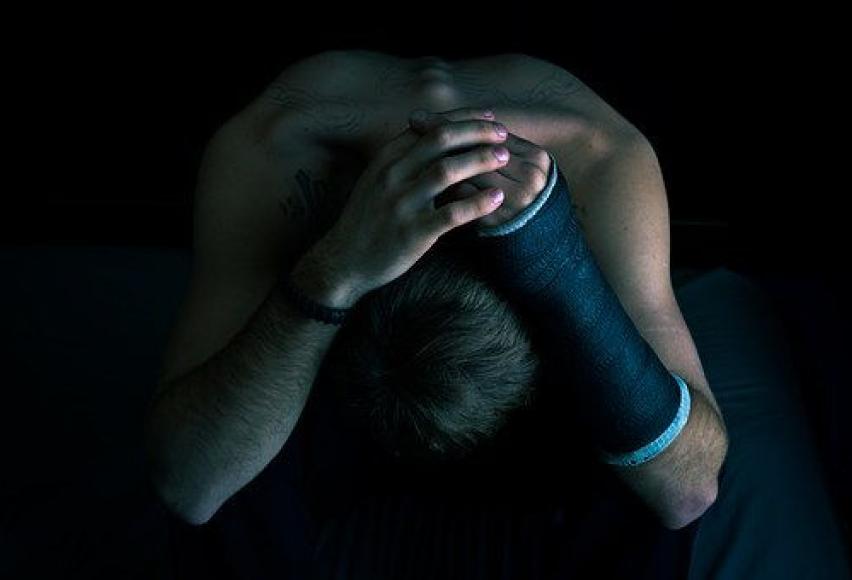
Online test
Find out the severity of your symptoms with this free online test

We are all familiar with the main symptoms of depression: sadness, lethargy, changes in appetite, feelings of hopelessness and failure, low self-esteem and suicidal thoughts or feelings. These are all very serious, and hard enough to handle in their own. But what happens when depression moves from the internal to the external? The physical symptoms of depression can be just as distressing as the mental ones: cutting, burning, and other forms of self-harm are common among people struggling with depression, but there are lesser-known conditions that can be triggered by depression. One of the least understood, and often un-diagnosed of these is trichotillomania.
What is Trichotillomania?
Trichotillomania, also known as compulsive hair pulling disorder is a condition in which a person compulsively pulls usually on their scalp, but can be anywhere there is hair on the body. People suffering from trichotillomania often engage in the picking unconsciously, in the same way other people might bite their nails or twirl their hair; the difference is that trichotillomania can lead to bald patched and hair loss. It’s something that people will attempt to hide at all costs: using make-up, hats and scarves, or other means to conceal the damage. As with most conditions like it, trichotillomania is often inexplicable to the person with the condition, and even more confusing for his or her family and loved ones.
How does Depression Trigger Trichotillomania?
Depression is characterized by feelings of intense sadness throughout the day, feelings of hopelessness, helplessness and worhtlessness, extreme fatigue and loss of apetite. These negative thoughts and emotions can take over an individual's life, leaving the person to feel like they have lost control. As with any mental illness, depression can turn someone into a person that they don’t know and don’t like: the disease controls every thought, every action, and every feeling. Suddenly, your grades are dropping, your work is poor, your relationships start failing. A possible link between trichotillomania and depression is stress: the onset of trichotillomania during early puberty and the late twenties is common. Between the pressures of schoolwork, the pains of puberty and bullying, and the later-in-life problems of trying to find a job and live on your own, this is a time of great stress. Without the proper coping mechanisms in place, many people find themselves crippled by the stress of school and work. As a result, they find themselves falling into the pit of depression and find the release experienced when pulling hair to be a way to cope as opposed to finding healthy alternatives. Many people with depression find it hard to seek help due to overwhelming feelings of guilt, shame, and hopelessness. Trichotillomania itself is hard to accept as a problem for many people experiencing it, and often goes undiagnosed due to lack of awareness of the condition, shame about the behaviour preventing them from seeking medical advice, or due to the behaviour often being justified as a form of overzealous grooming. The problem therefore continues to develop and the more habituated the behaviours become, the harder it is to break. The feelings of guilt and shame are associated with depression are therefore also perpetuated, setting off a vicious cycle of negative thoughs and negative behaviour.
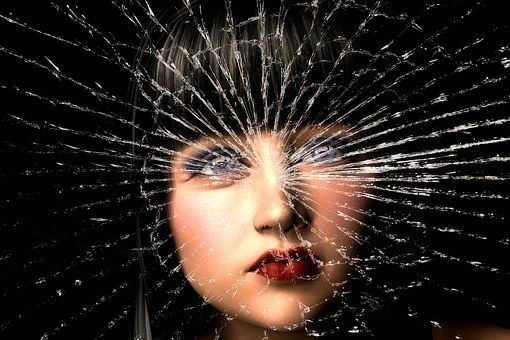
There is Hope
There is hope, however, for anyone suffering from the dual conditions of depression and trichotillomania. Depression can be treated with therapy and anti-depressive medications. Cognitive behavior therapy and SSRIs (selective serotonin reuptake inhibitors) are two common forms of treatment for both depression and trichotillomania. Trichotillomania is also known to be treated pharmacologically with n-acetylcysteine (NAC). Habit Reversal Training can also be employed to treat patients suffering from trichotillomania; in this form of therapy, patients are trained to recognized and acknowledge situations which trigger their hair pulling behavior and to find alternative ways to deal with the stress. Some of the techniques taught in Habit Reversal Training can include putting oven mitts or gloves on your hands when you get the urge to pull and avoiding mirrors during times of high stress or when the desire to pull rises. This is one of the therapies employed by the online self-help program available on this site. Group therapy and having the support of family and friends is also essential to helping people suffering from trichotillomania and depression alike to recover.
Online test
Find out the severity of your symptoms with this free online test
Start your journey with TrichStop
Take control of your life and find freedom from hair pulling through professional therapy and evidence-based behavioral techniques.
Start Now
